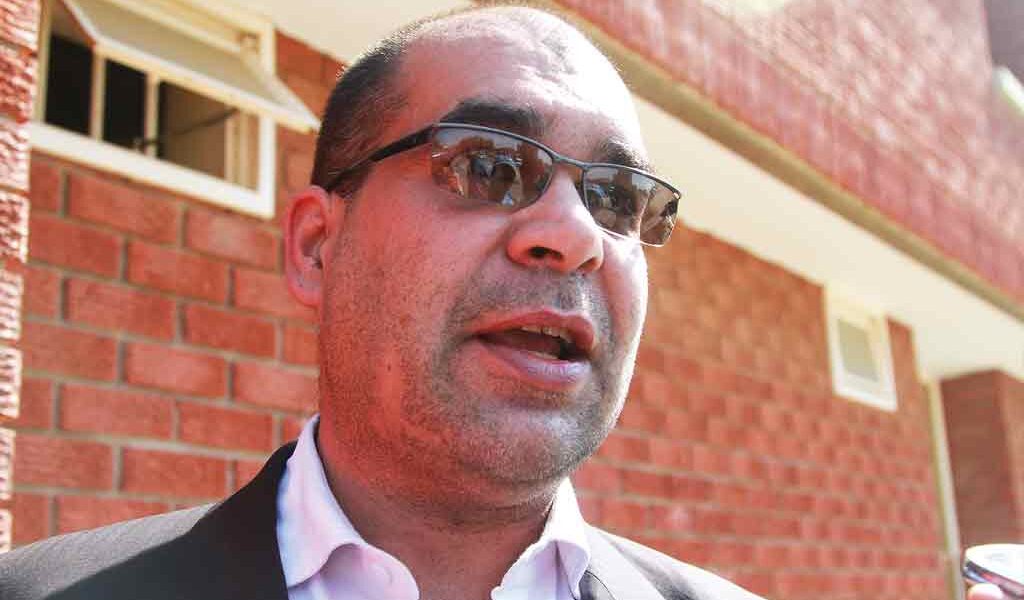Tsaone Segaetsho
The Directorate on Intelligence and Security Services (DISS) as a body in charge of national security will be tasked with monitoring the Electronic Voting Machines (EVM) because the independent Electoral Commission (IEC) does not have capacity to conduct security vetting on either company that will provide the electronic voting services nor the expert technician appointed to service and maintain the machines.
This is according to former Botswana based lawyer, Joao Salbany, who was presenting on the Electoral Amendment Act and focusing at the EVM system at a recent Botswana Manual Workers Union workshop which was addressing issues concerning the state of democracy in Botswana. Salbany said this is despite both the DISS and IEC not being independent as they are under the Office of the President (OP). The lawyer said that is why it is important for IEC and DISS to be controlled by independent bodies. Salbany was formerly an attorney with Bayford and Associates before his application to apply for work and residence permits expired.
“The DISS falls directly under the Office of the President, answerable only to the Executive. The role that the DISS will play in the Election process is not to be taken lightly. The IEC (also under OP), does not have the expertise to vet the company or the technical expert appointed by them to service and maintain the electronic machines in terms of Section 53A (1) of the Act. The import of securing the Electronic Voting Machines (to prevent tampering) will be highlighted hereunder,” he said.
As a result of these concerns Salbany said the current Act must be looked at, as elections are inherently an issue for national security, and that not only should they be free of tampering from internal sources but must be additionally proof to manipulation by individuals or states. He suggested that with the DISS not being independent, it was likely to propagate suspicions of political interference.
Salbany also had an opportunity to address a rebuttal of a Sunday Standard news paper article in which the DISS said the newspaper was a front for certain foreign destabilizing interests. He said that the statement deserved a contemptuous dismissal. He said the Organisation for National Endowment for Democracy (ONED) and the Open Society Initiative for Southern Africa (OSISA), organizations criticized DISS were contributors to the Electoral Institute for Sustainable Democracy in Africa(EISDA) who established the Principles for Election Management, Monitoring and Observation in the SADC Region(PEMMO) principles referred to by President Khama with approval.
“Following the DISS statement to its logical conclusion therefore implies that national elections may already be susceptible to external manipulation,” he said.
Salbany lived in Botswana for many years and worked with major law firms such as Bayford and Associates, Michin and Kelly as well as Collins and Newman before relocating to South Africa after government rejected his work permit renewal application. His rejection came after the represented The Botswana Gazette in a matter in which it was questioning the autonomy of the Directorate of Public Prosecutions(DPP) and the case in which the publication’s journalists were arrested following a raid by Directorate on Corruption and Economic Crimes (DCEC).

